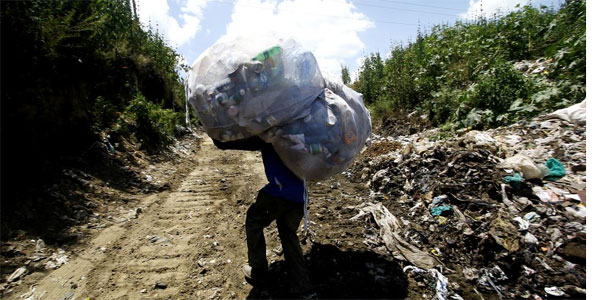Majority of the African states are celebrating golden jubilee of gaining independence.

There has been a lot of progress and a lot of the African governments have done great at improving the livelihoods of citizens.
One must quickly note that there is still much more that needs to be done to take the citizenry to the next level of development.
Education, health, human rights, workers’ welfare, the environment, resource use and preservation are some of the areas where substantial effort is needed.
These matters have largely been seen as the responsibility of government and its only in the recent past that we have seen some progressive private sector players start taking responsibility.
The companies that already have the insights have moved fast and plugged in for the benefit of all the stakeholders, such that shareholders are enjoying the lion’s share of the benefits.
“Cosmetic” social responsibility (CSR) is being challenged. All over sudden the number of big dummy cheques for charity has reduced and instead strategies to enhance the welfare of stakeholders are taking centre stage.
While this is a move in the right direction, only a few companies are involved. Why are other companies not getting in?
The assessment is that their awareness of what to do to be sustainable and hence deliver value to more stakeholders, other than shareholders, is still a foreign concept.
The other reason is that there are not enough incentives, carrot and stick, available to propel more private sector into this movement.
Thirdly, the business case for sustainability has not been proven in Africa, especially for small and medium enterprises.
If the three issues highlighted above can be addressed, there will definitely be a paradigm shift among private sector players as they will see doing good as good business.
To achieve this, there are a number of initiatives that need to be in place; the companies that are ahead of the others should give back by mentoring those who are not yet up to speed.
In other words, let there be a mechanism for companies to share their experiences with those that are struggling. This will provide testimonies that should help others to be engaged too for a win.
The second initiative will be to have the enabling environment improved. The Climate Change Act 2016 is one such mechanism that can bear very good fruits.
There is more that can be done on other platforms.
The government is engaged and for sure it will be able to ensure that those that do well are rewarded while those who do not meet set requirements are punished.
There is also big room for self regulation by the private sector as well as self-rewarding which, when combined with the regulatory mechanism, will lead to maximum benefits.
In addition to the above, there is a need to sensitise the general public on issues of sustainable consumption.
The benefits of sensitisation will be two-fold, it will give a competitive advantage to companies that will style up and pursue responsible business as they will have more customers.
The awareness efforts will also make Africans to reduce their carbon footprint at the household level hence mitigating climate change. In the long run, companies will be solving Africa’s problems not from a CSR perspective but as part of their core business.
For this to happen, shareholders and company executives must look into the long-term as opposed to the short term gains, as is the trend with focusing on issues such as climate change, resource security, human rights, and employee welfare and commit to include these issues in their business strategies.
The overall effect will be an inclusive and progressive Africa with happy citizens.
This article was taken from here.
